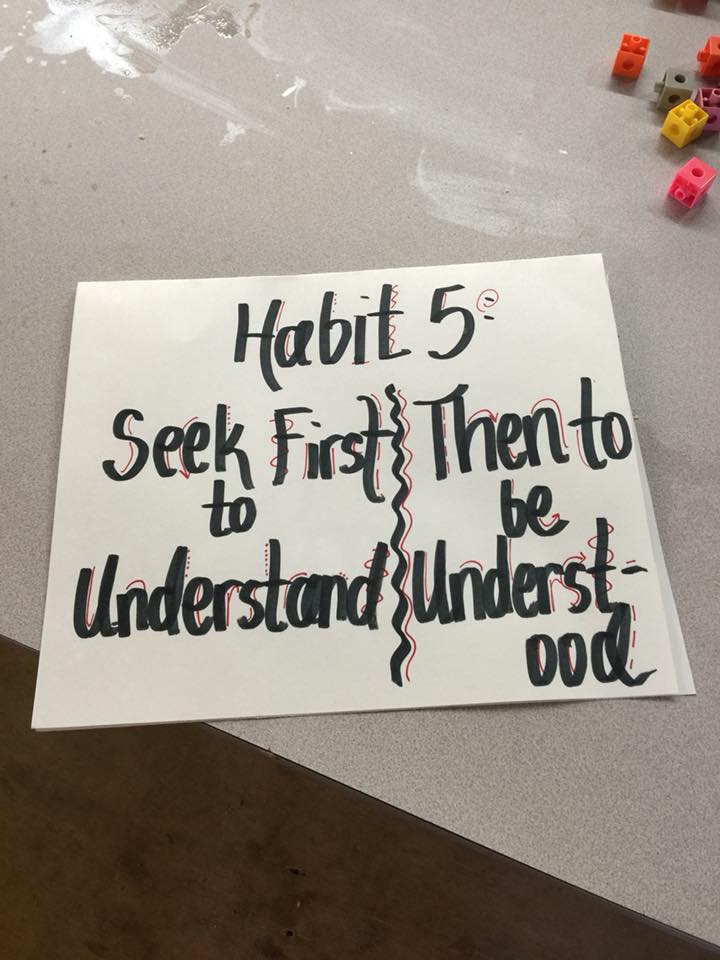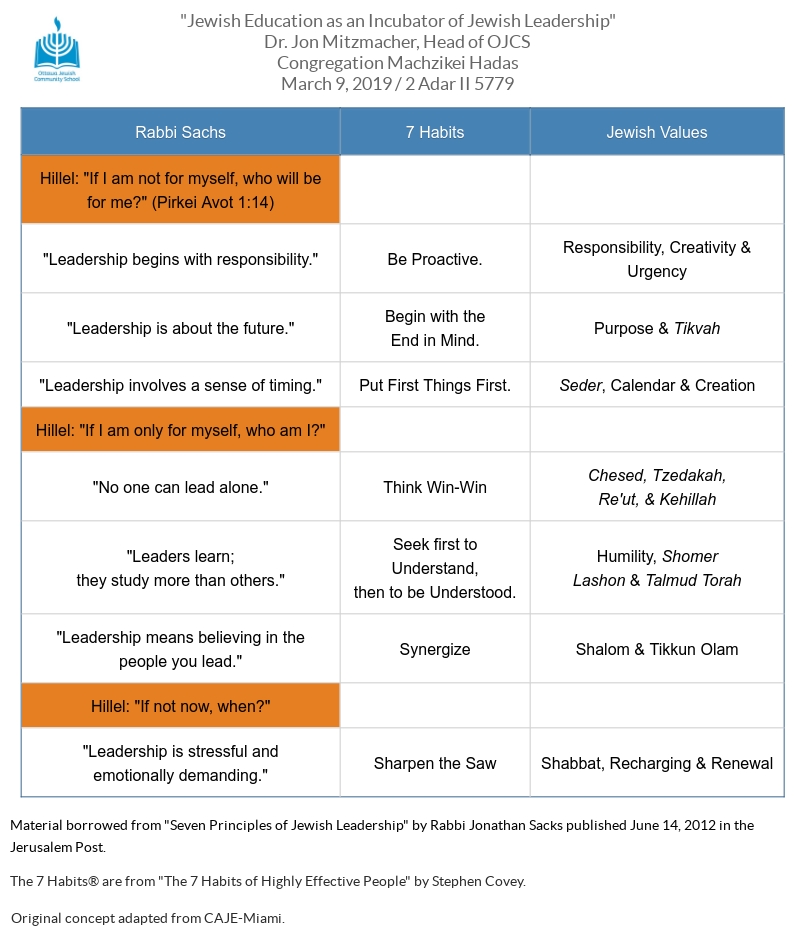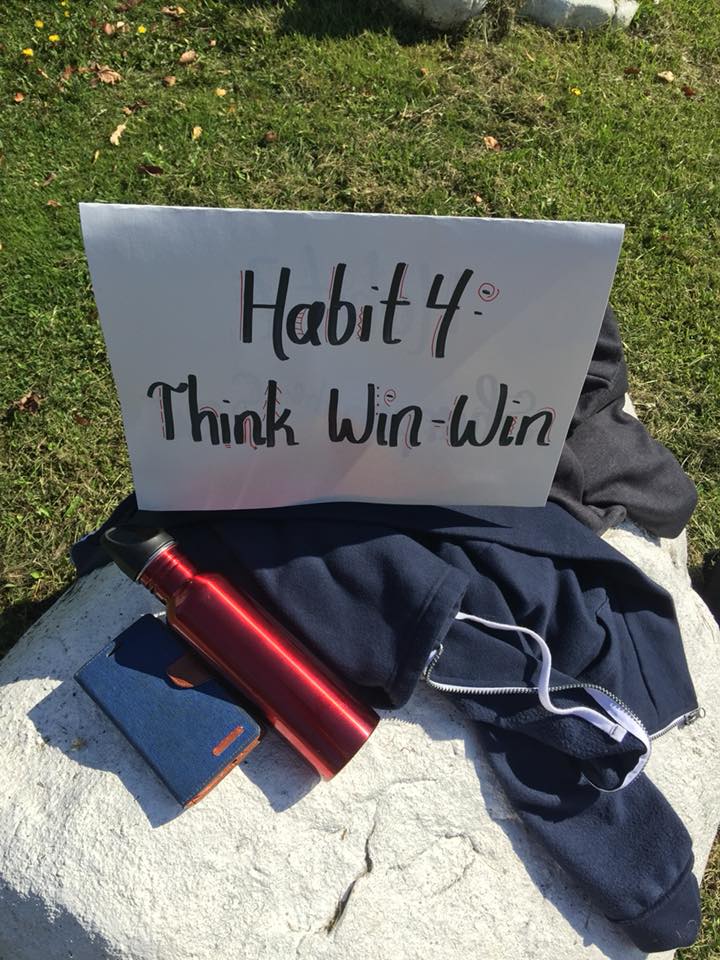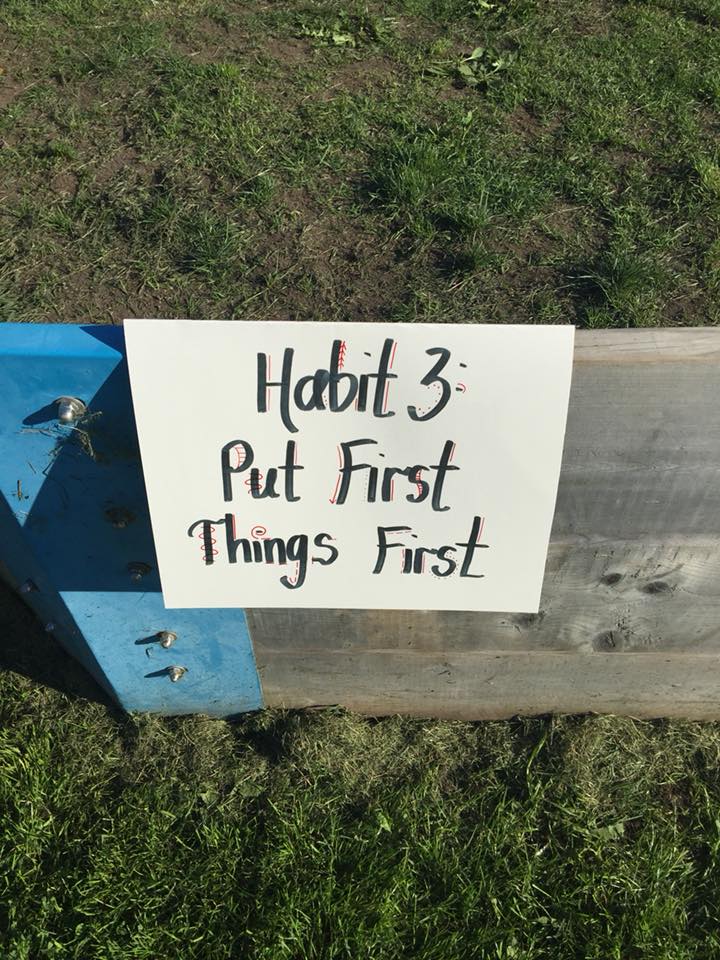The weather may have just finally turned, although still unseasonably warm for Ottawa, and we had a noon dismissal followed by a pupil-free day. That could only mean one thing here at the Ottawa Jewish Community School, it was time for Goal-Setting Conferences 2.0!
We have spent the last day-and-a-half welcoming parents and students to the second iteration of our Goal-Setting Conferences. What are “Goal-Setting Conferences” you ask?
North Star alert! At OJCS, our students own their own learning, which means learning to goal-set is of paramount importance to their growth and development – now and throughout their lives. Our conferencing opportunity to sit together with you and your child to discuss personalised goals is swiftly approaching on Thursday, November 7th & Friday, November 8th, and so we are sending along some much needed information to support you and your child through this growth process.
[We launched this last year as a pilot and you can revisit this post if you want all the possible background and context.]
What’s new this year?
We iterated a new process for this year that comes in response to student, parent and teacher feedback. We believe strongly that it helped everyone more easily connect the dots with regard to what was prioritised for each child, with their voice and their parents a part of the conversation. One major change that took place prior to the conferences themselves, was that with the transition back to semesters and with Goal-Setting Conferences sitting on the calendar where first trimester Parent-Teacher Conferences used to live, we decided to add first and third quarter Progress Reports so that parents could be in the know on all matters academic and otherwise. First quarter reports went out earlier this week and teachers facilitated any related conversations so that the deck was cleared to focus on goal-setting.
Here’s how we prepped:
- A grade-level appropriate lesson was taught to help children understand the benefits of setting personal goals (whether academic, social skills-related, social-emotional and/or spiritual).
- Our teachers met individually with each student to help them think about what goals would be most beneficial for them at this time.
- We encouraged parents to discuss their own goals for their child(ren) with them, or to bring those ideas with them to Goal-Setting Conferences to add with the teacher.
- Parents booked Goal-Setting Conferences to meet with the classroom teachers to have meaningful discussions about the goals selected and to make a plan to help invite success.
For those who are curious, here is how we templated the different kinds of goals students, teacher and parents could be reaching towards:
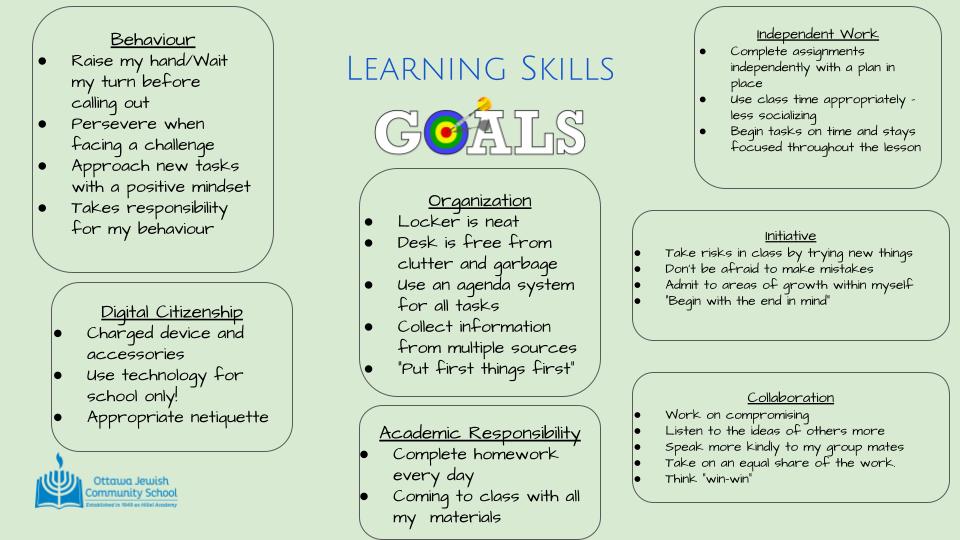
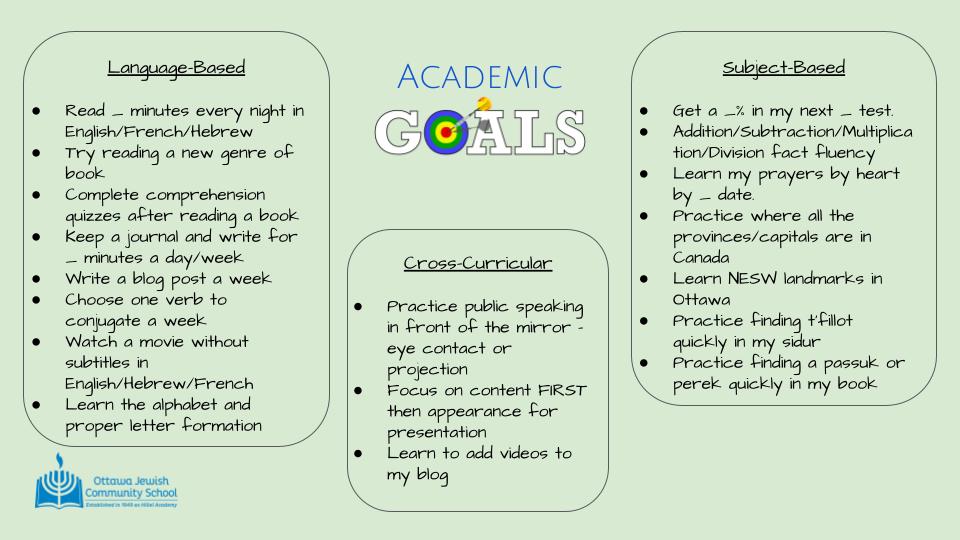
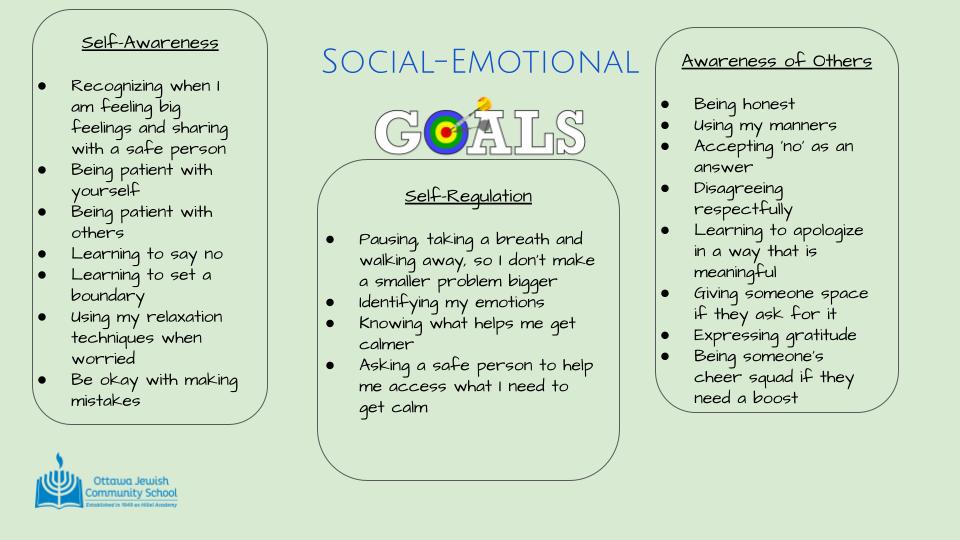
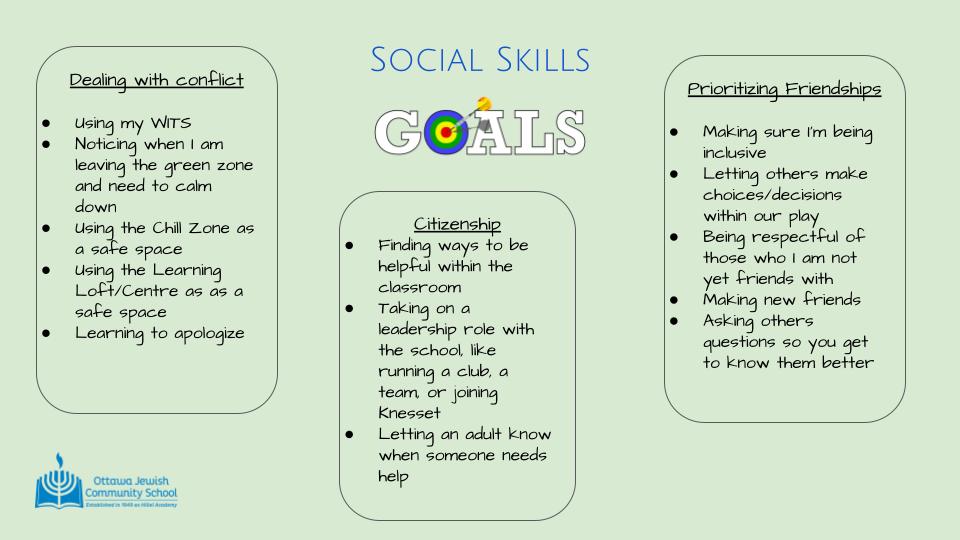
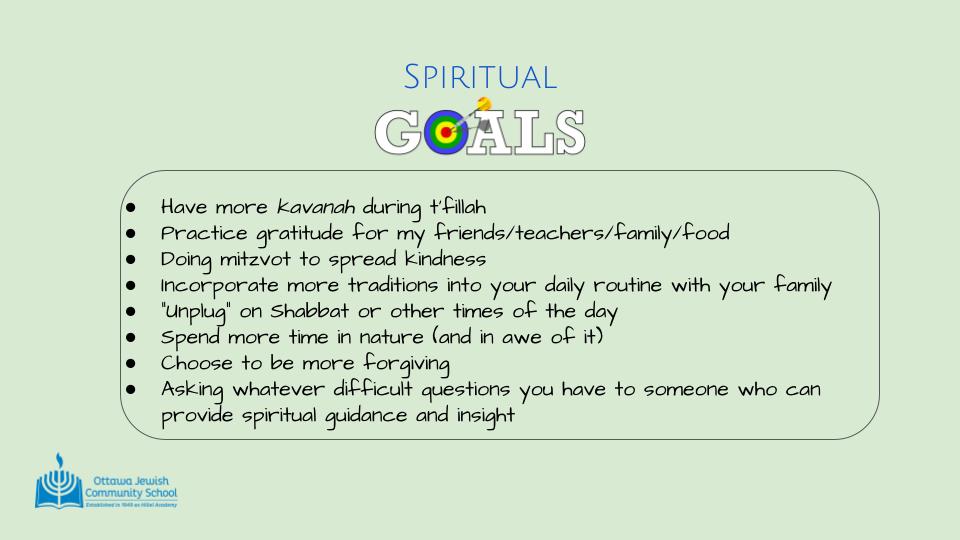
And for our older students, we focused on helping them create SMART Goals:
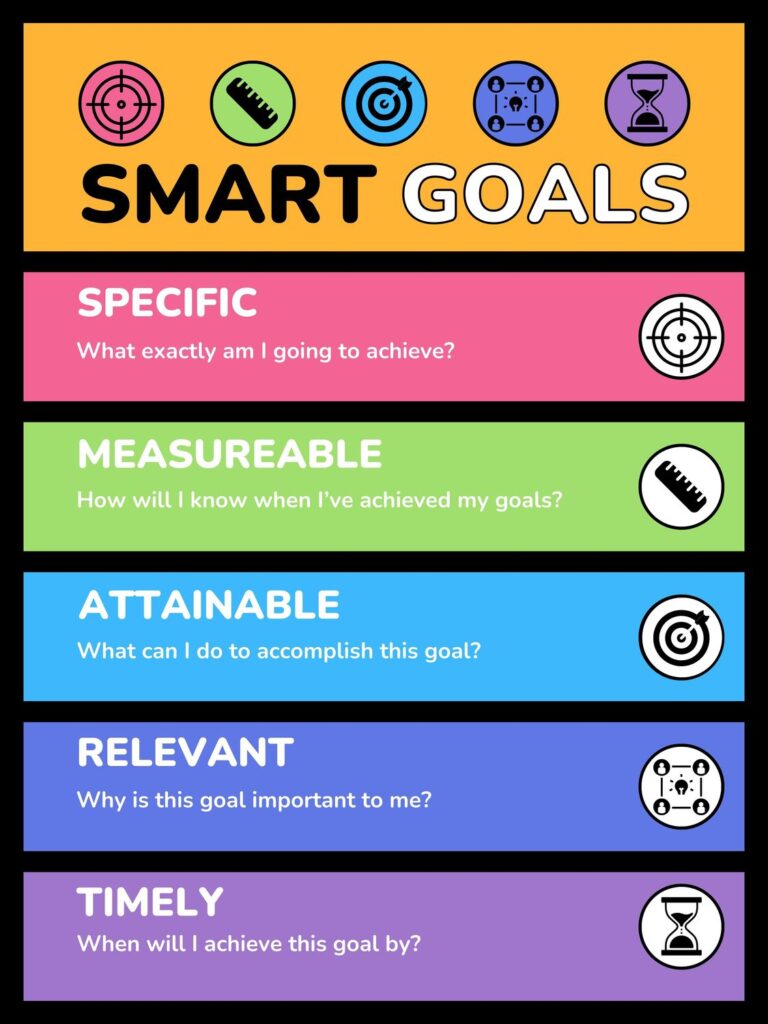
We worked really hard this year to upgrade the preparation and the experience, and the view from the lobby as families have come in and out these last two days seems to validate that the hard work paid off. From here, we have a responsibility to be explicit about how and where these goals will live throughout this school year – including meaningful updates on future progress reports, report cards, and parent-teacher conferences. Additionally, as is true with all pilots and prototypes, we will seek feedback now that this round of conferences is complete so we can further refine things.
Here’s to helping our students get…


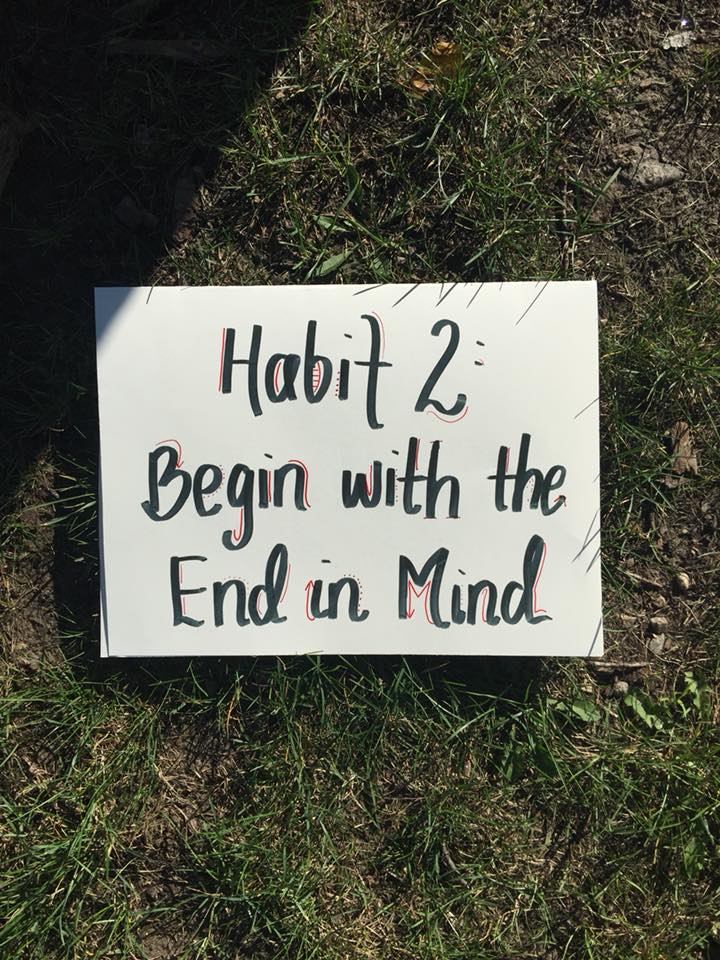
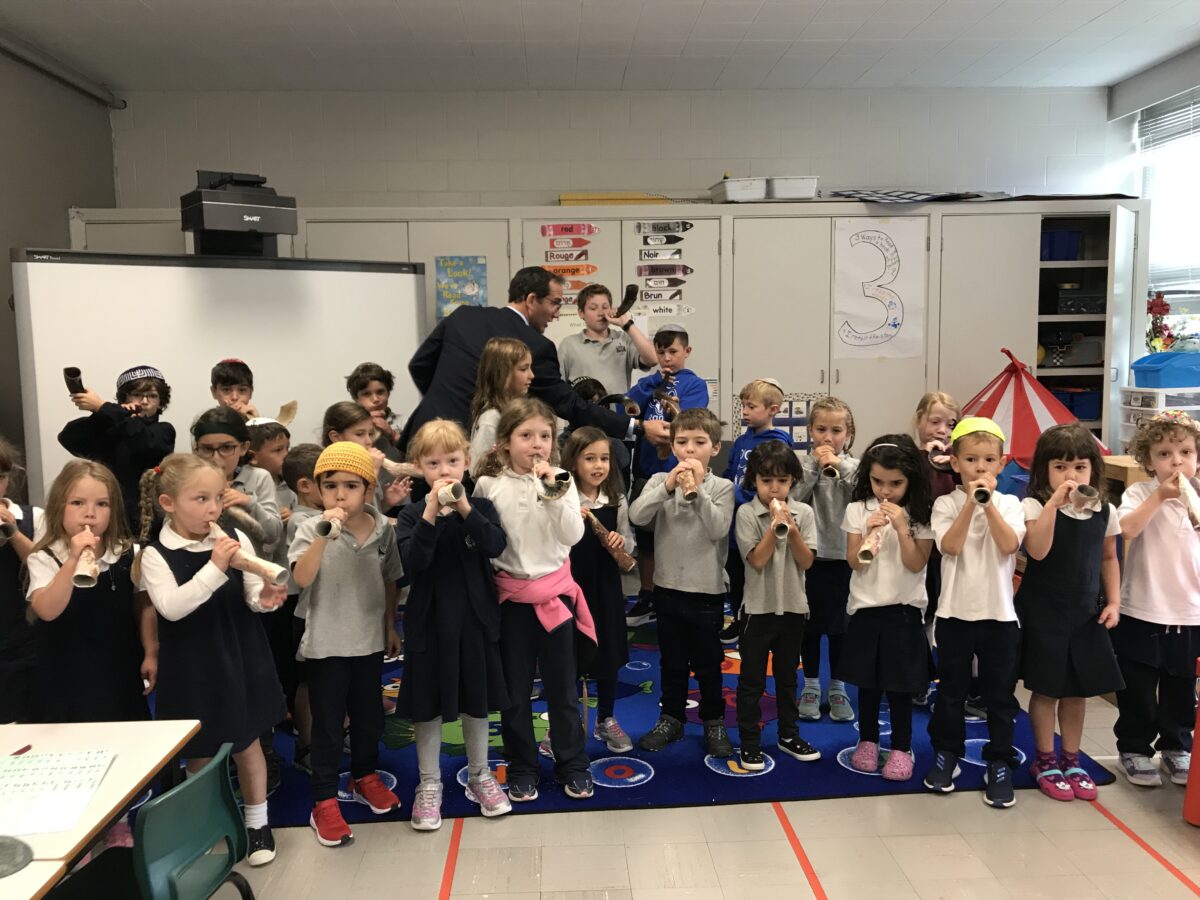

 As the eve of a new Jewish Year approaches, it is my most sincerest hope that this is the year we’ve been waiting for. To all the teachers, staff, parents, students, donors, supporters, and friends in this special school- thank you for your enthusiasm and your hard work. 5780 is shaping up to be a quite an amazing year!
As the eve of a new Jewish Year approaches, it is my most sincerest hope that this is the year we’ve been waiting for. To all the teachers, staff, parents, students, donors, supporters, and friends in this special school- thank you for your enthusiasm and your hard work. 5780 is shaping up to be a quite an amazing year!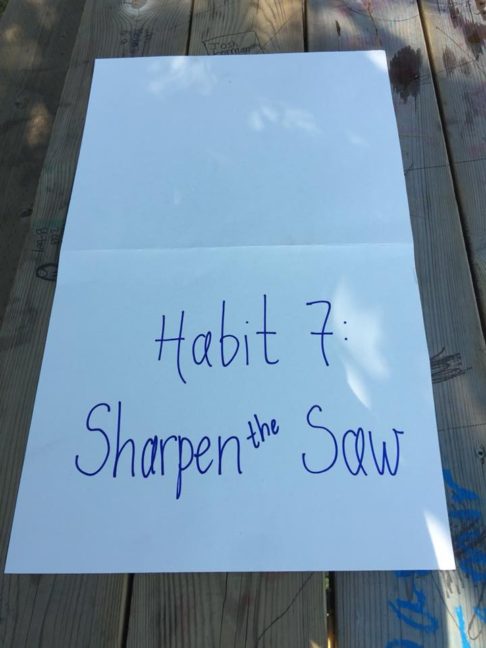
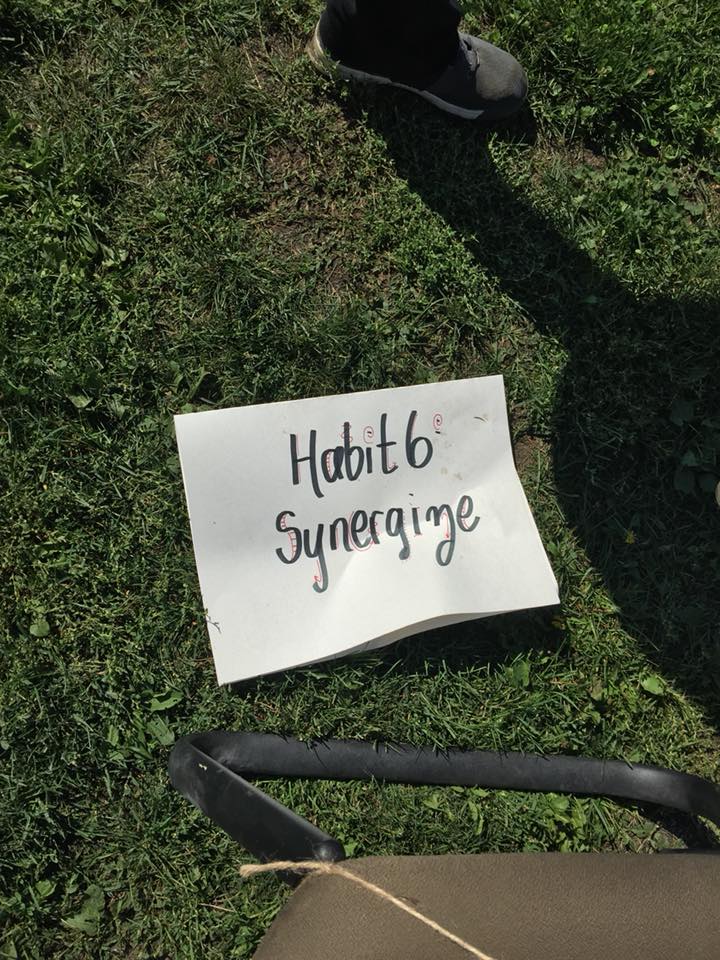
 People’ was introduced to the students: Synergize. Synergize means to work together with others to accomplish a goal, while supporting one another and working to the strengths of each person.
People’ was introduced to the students: Synergize. Synergize means to work together with others to accomplish a goal, while supporting one another and working to the strengths of each person.